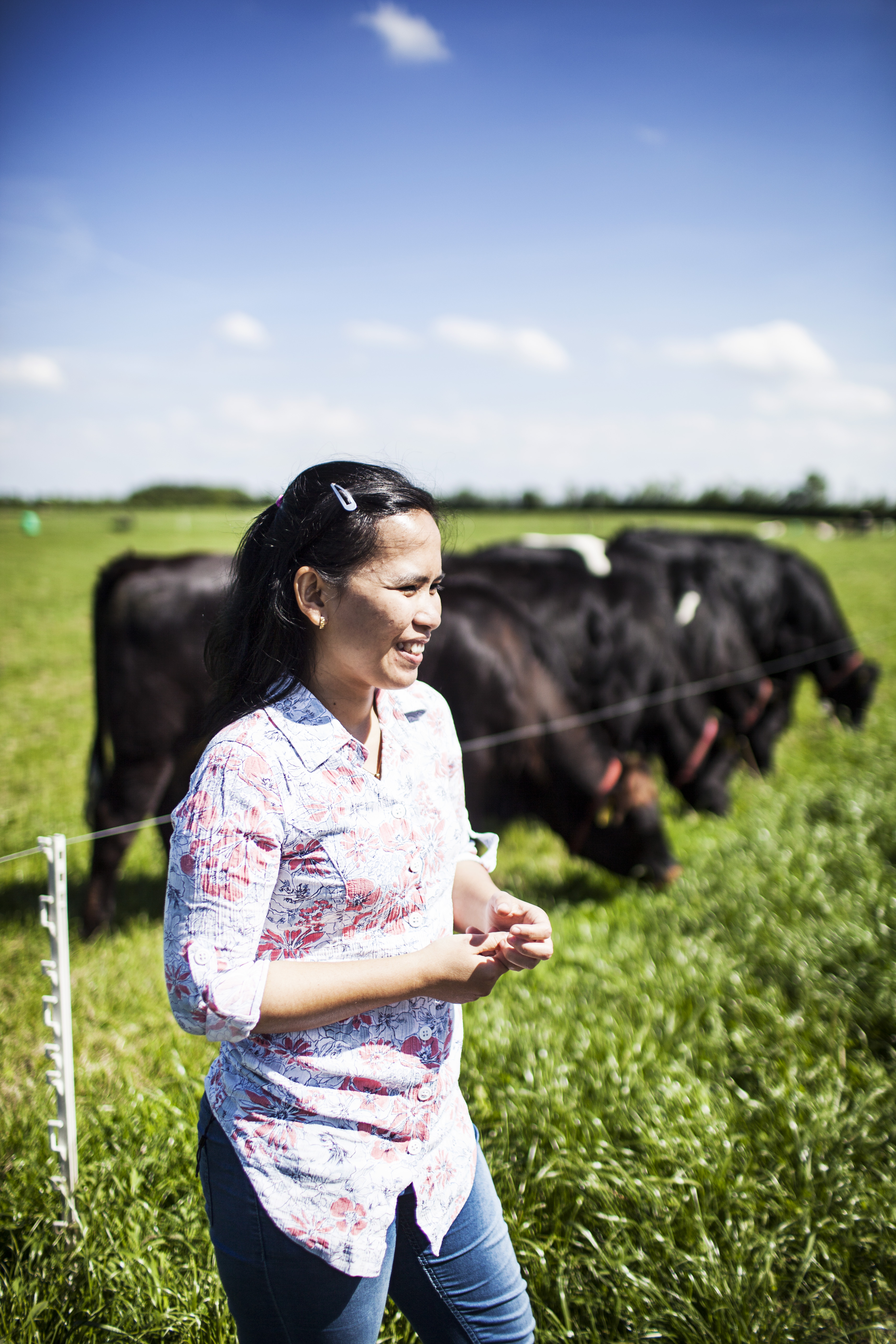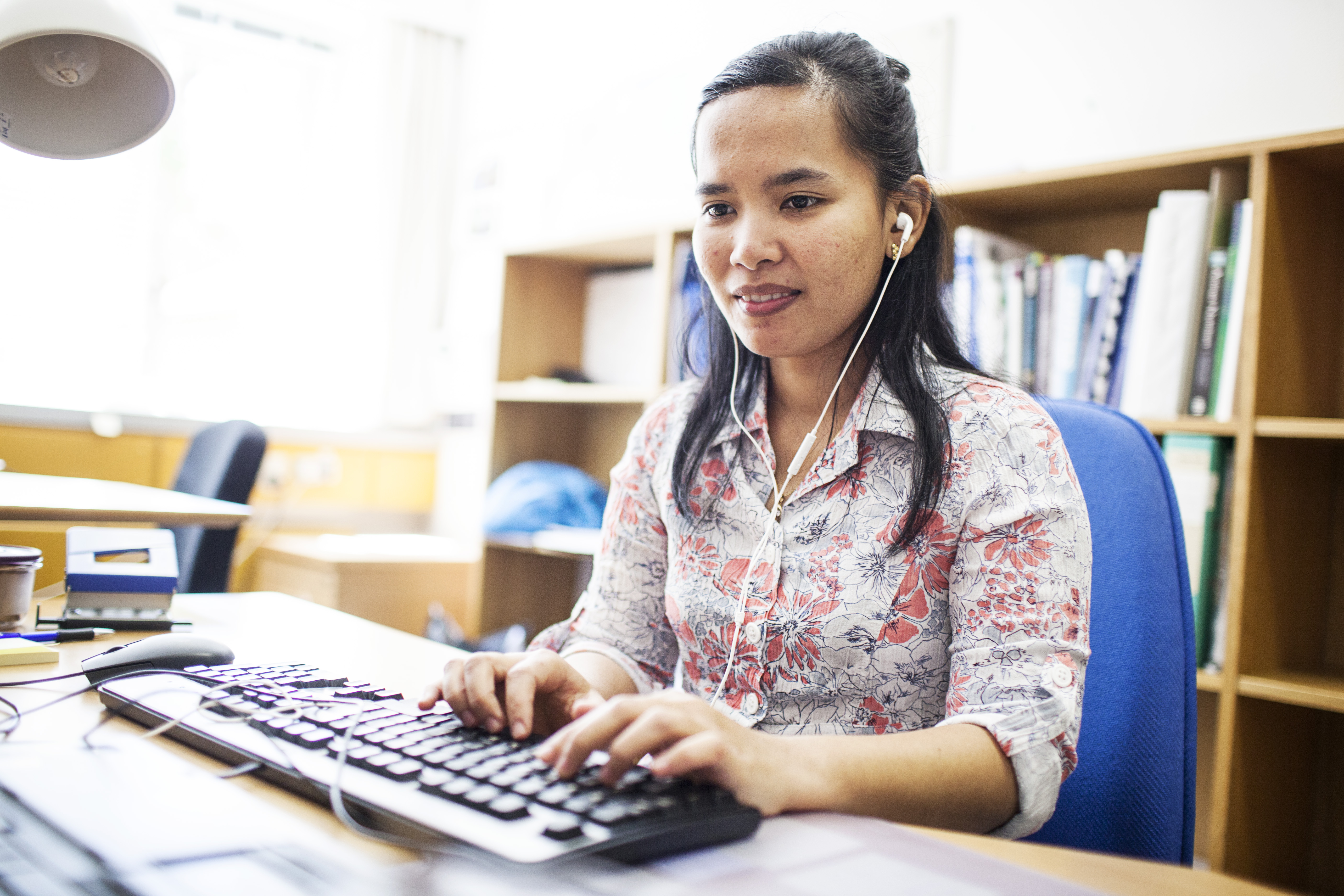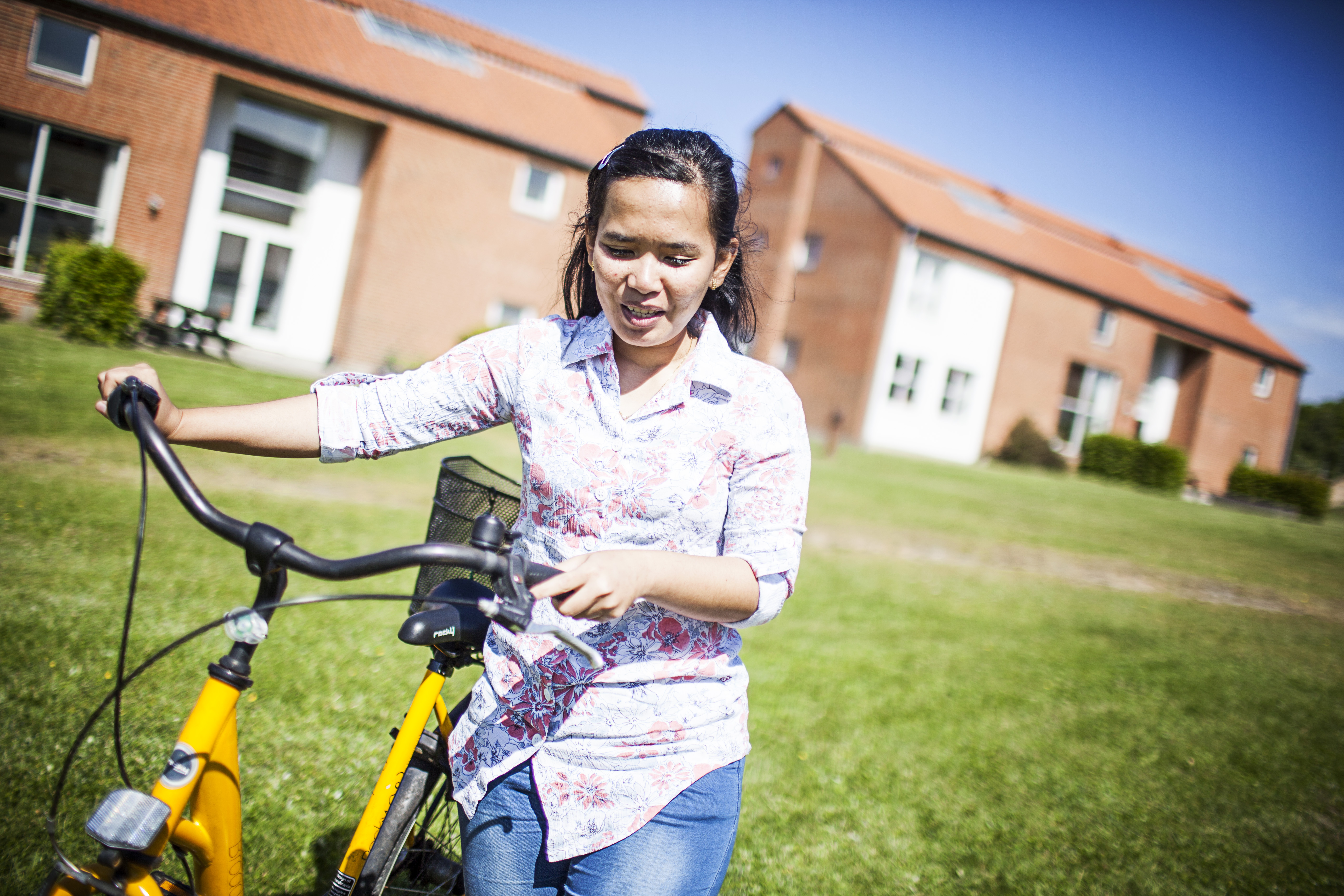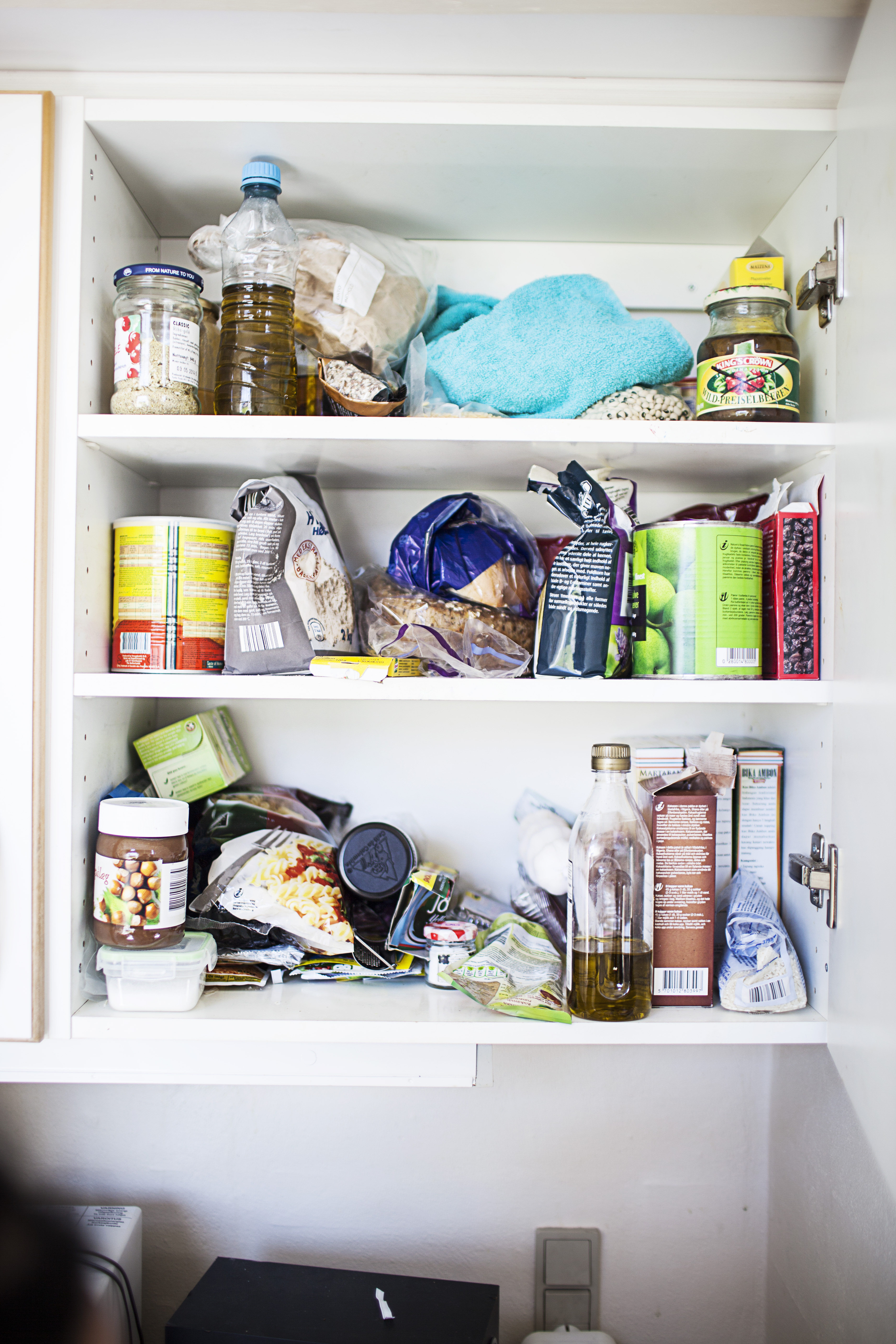“I want to be a real researcher”
A long way from home. Siwi Gayatri from Indonesia has come to Denmark to pursue her dream of a career in research. And she is enjoying the research environment as well as the fresh air and peace and quiet in Foulum.




Siwi Gayatri remembers the day in September last year when she drove past the cattle grazing in the fields leading up to the Department of Animal Science in Foulum for the very first time.
“I thought I was going to be living in Aarhus, in a big city full of people. But no: I was given accommodation in Viborg, and the department was located in an even smaller town called Foulum. My first thought was ‘Where have all the people gone?’”
The 29-year-old PhD student’s home town of Semarang on Java has more than five million inhabitants if you include the suburbs, so the contrast was absolutely enormous.
However, Siwi Gayatri quickly grew used to her rural surroundings. She knows her way around the departmental corridors, and is happy to be working in the Section for Epidemiology and Management. What’s more, she is definitely not the only member of staff with an international background. In fact, more than half of the 150 PhD students in Foulum come from outside Denmark.
“There’s a fantastic research environment here.”
And peace and quiet does have its advantages.
“It’s easy to concentrate on your work,” smiles Gayatri.
Opportunities and networks
Siwi Gayatri has a Bachelor’s degree in animal science and a Master’s degree in social science. She is combining these two degrees in her PhD project. The Indonesian government has launched a policy whose aim is to increase self-sufficiency and thereby reduce imports of beef into Indonesia; and one of the things Gayatri is studying is how this policy is communicated to farmers.
“I’m doing an ethnographic study, including interviews of both farmers and civil servants to ask them about their views of the policy,” she explains.
There will be two trips to Indonesia to collect data. She has already returned from the first of these trips, and is now busy processing the data she collected.
“At the moment I’m spending all my time transcribing the interviews. This is time-consuming work, but fortunately I can do it in my own language – Indonesian. I don’t have to translate it all into English,” she says.
There are big differences between Indonesian and Danish agriculture, she explains.
“In Denmark the farms are huge – each with several hundred cattle. In Indonesia most farmers have five or six head of cattle. If you have ten, you’re rich.”
“Some of the challenges facing Indonesian farmers are that they lack education and have very little influence on decisions and cattle prices,” she explains.
But why go all the way to Denmark to carry out research into the Indonesian agricultural sector?
“My goal was to come to Europe because the Indonesian government runs a programme that makes it possible for young students and researchers to do this. I applied to come to the Netherlands and Germany as well. But the education system in Denmark is excellent, and I would never have got such a great opportunity to publish in international journals and build up an international network in Indonesia,” she explains.
The Indonesian government is paying for her travel and living expenses, while the Department of Animal Science at Aarhus University is covering her study fees.
Respect for time
The three-year PhD fellowship in Denmark also gives Siwi Gayatri the chance to get to know a culture which is very different from that of her home country. The food is not as spicy, there are fewer public holidays (in Indonesia there are Muslims, Hindus, Buddhists and Christians), and she has learnt to regard the concept of time in a new light.
“In Denmark people have great respect for the concept of working hours. I’ve learnt a lot about the importance of respecting and making the most of the time available to me.”
And when the bus only runs once an hour, you also learn to keep a close eye on the bus timetable.
“In Indonesia you just have to wait at the bus stop because you know that a bus will be along soon. That’s not exactly the case here in Foulum!”
Freedom to be a highly educated woman
Siwi Gayatri has also noticed that men and women are more equal in Denmark than they are in Indonesia.
“Women who are more highly educated than men are not so widely accepted in Indonesia as they are in Denmark. In Indonesia women managers are not always accepted as a boss by many of the male employees. Lots of people think that women should stay at home and look after the house and kids.”
“I’m a highly educated woman aged 29. But I’m still not married, so I have heard comments like ‘Nobody’s going to want to marry you now’.”
A touch of steel can be seen in Siwi Gayatri’s eyes as she says:
“I’m just SO fed up with that kind of attitude to women. It’s almost feudal,” she says sharply.
She underlines that she does not plan to get married and have children yet. She enjoys the freedom to be herself and to pursue her career. It’s the dream of being a researcher that attracts her.
“I want to be a real researcher.”
International PhD students in Foulum
Half of the 150 PhD students in Foulum come from outside Denmark. 29-year-old Siwi Gayatri from Indonesia is one of them. She’s a PhD student at the Department of Animal Science at Aarhus University.
Siwi Gayatri has a BA in animal science from Diponegoro University in Indonesia and an MA in social science from University of the Philippines of Los Banos.

